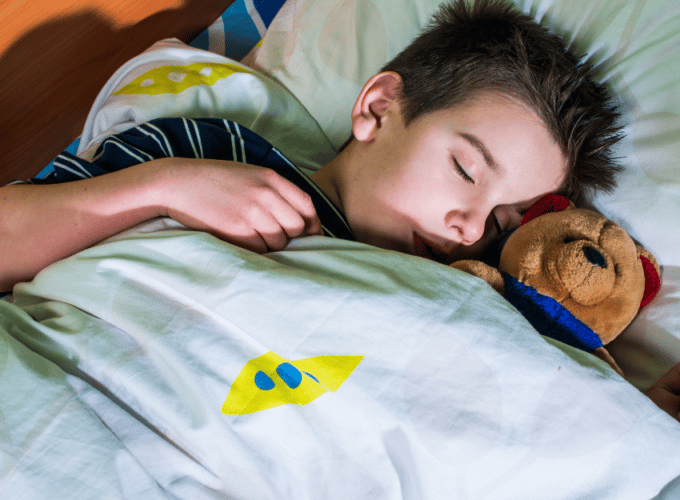- February 2, 2024
Common Medications Linked to Bedwetting: A Comprehensive Guide
Bedwetting, also known as nocturnal enuresis, is a common condition that affects both children and adults. While various factors can contribute to bedwetting, certain medications have been linked to an increased risk of nocturnal enuresis. Understanding these medications and their potential side effects can help individuals and healthcare providers manage bedwetting effectively. Here’s a comprehensive guide:
1. Diuretics
Diuretics, also known as water pills, are medications commonly used to treat conditions such as high blood pressure, heart failure, and kidney disorders. These medications increase urine production, which can lead to nocturnal enuresis in some individuals, particularly when taken in the evening. If you want to know more about Bedwetting then visit https://nobedwetting.com/drug-therapy-warnings/.

2. Antidepressants
Certain antidepressant medications, such as selective serotonin reuptake inhibitors (SSRIs) and tricyclic antidepressants (TCAs), have been associated with nocturnal enuresis as a side effect. The exact mechanism is not fully understood, but it is thought to involve alterations in bladder function and arousal thresholds during sleep.
3. Antipsychotics
Antipsychotic medications, used to treat conditions such as schizophrenia and bipolar disorder, may also contribute to bedwetting in some individuals. Like antidepressants, the mechanism of action is not well-defined, but it may involve effects on bladder control and sleep patterns.
4. Antihistamines
Antihistamine medications, commonly used to treat allergies and cold symptoms, can have a drying effect on the body, including the bladder. This can lead to decreased bladder capacity and increased nighttime urine production, potentially contributing to bedwetting.
5. Stimulant Medications
Stimulant medications, such as those used to treat attention deficit hyperactivity disorder (ADHD), can affect bladder control and arousal during sleep, increasing the risk of bedwetting in some individuals.